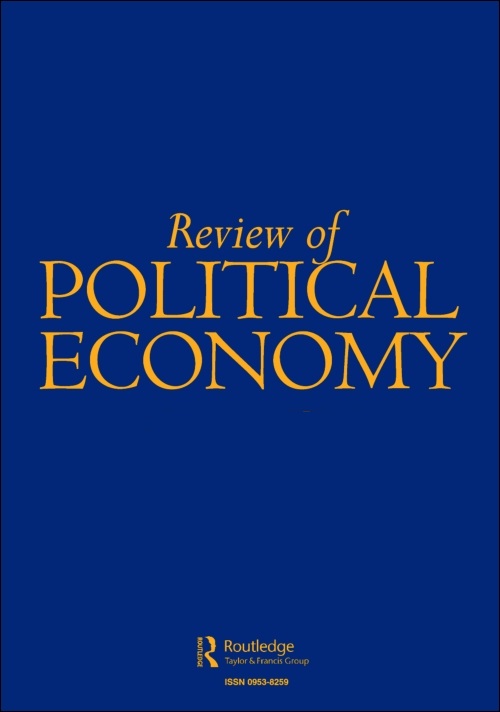
Review of Political Economy
Volume 27, Issue 4, Oct 2015
Pages 585-605
- DOI: 10.1080/09538259.2015.1082819
- Print ISSN: 0953-8259
- Online ISSN: 1465-3982
An Archaeology of Adam Smith's Epistemic Context
Department of Economics, Federal University of Parana and Graduate Program of Public Policy, Federal University of Parana
Abstract
Adam Smith played a key role in Foucault's archaeology of political economy. This archaeology, which Foucault accomplished in The Order of Things, is the focus of this article. Foucault may have disagreed with the writings of the classical political economists but he widens our perspective through new possibilities of understanding. It is very illuminating to understand Smith's thinking as following a discursive practice that economic thought shared with the knowledge of living beings (natural history) and language (grammar). Foucault's archaeology highlights some ontological and epistemological conditions that shed light on some of the pillars of Smith's thinking: the centrality of exchange, the division of labour and the labour theory of value. The proximity between Newton and Smith is also examined in ontological and epistemological terms which can be understood through an investigation of that interdiscursivity practice. Beyond testing Foucault's considerations, our aim is to demonstrate their potential for the current scholarship of Smith's works. Foucault's archaeology of knowledge offers a range of elements that warrants greater analysis by historians of economic thought.